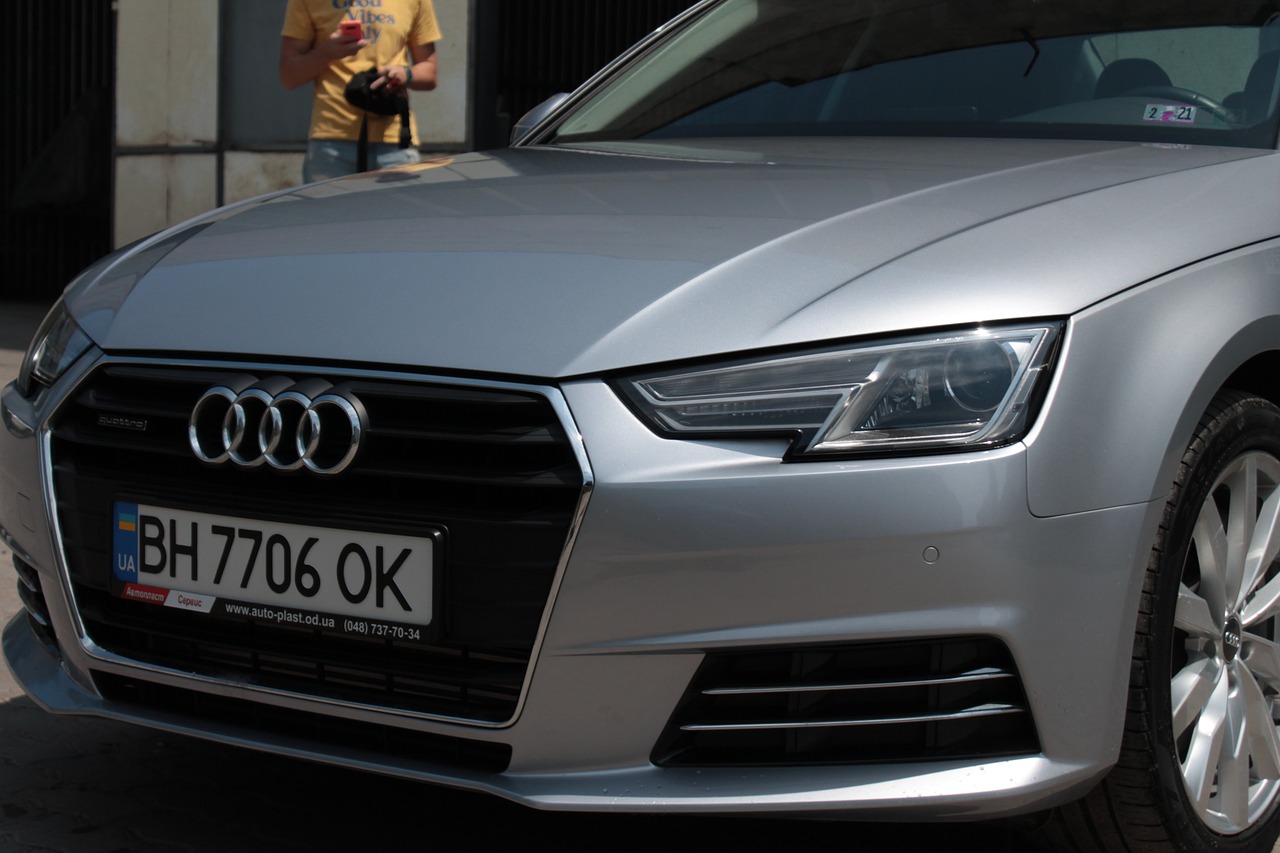The Future of Electric Aviation and Its Impact on Electric Vehicle Manufacturing: Laser247, Lotus365, Sky247 login
Laser247, lotus365, sky247 login: The future of electric aviation is a topic that has been gaining a lot of attention in recent years. With advancements in technology and a growing focus on sustainability, many experts believe that electric aviation could revolutionize the way we travel. But what impact will this have on electric vehicle manufacturing? Let’s dive into this exciting topic and explore what the future holds for both industries.
Introduction
Electric aviation is the concept of using electric power to propel aircraft, replacing traditional fossil fuels. This technology has the potential to reduce carbon emissions, noise pollution, and operating costs. Companies like Airbus, Boeing, and startups like Joby Aviation are already working on developing electric aircraft that could offer a more sustainable alternative to traditional planes.
The Impact on Electric Vehicle Manufacturing
While electric aviation and electric vehicles (EVs) are two distinct industries, there is a significant overlap in terms of technology and manufacturing processes. The development of electric aircraft could potentially lead to advancements in battery technology, motor efficiency, and overall sustainability practices, which could benefit the electric vehicle industry as a whole.
Here are some key ways electric aviation could impact electric vehicle manufacturing:
1. Battery Technology Advancements: Electric aircraft require powerful and lightweight batteries to operate efficiently. The development of high-energy-density batteries for electric aviation could lead to improvements in EV battery technology, making electric vehicles more affordable and efficient.
2. Motor Efficiency: Electric aircraft engines need to be lightweight and highly efficient to generate enough power for flight. This focus on motor efficiency could drive innovations in electric vehicle motor technology, leading to more efficient and powerful electric cars.
3. Sustainability Practices: Electric aviation is inherently more sustainable than traditional aviation due to lower carbon emissions and reduced noise pollution. These sustainability practices could influence electric vehicle manufacturers to prioritize environmentally friendly practices, such as using recycled materials, reducing waste, and minimizing emissions.
4. Supply Chain Collaboration: As both industries rely on similar components like batteries, motors, and electronics, electric aviation and electric vehicle manufacturers could collaborate to streamline supply chains and drive down costs. This collaboration could lead to more affordable electric vehicles for consumers.
5. Consumer Perception: The development of electric aircraft could help shift public perception towards electric transportation overall. As electric aviation becomes more widespread, consumers may become more open to the idea of using electric vehicles as a sustainable mode of transportation, further driving market adoption.
6. Government Incentives: As governments around the world push for decarbonization and sustainable practices, they may offer incentives and subsidies to both electric aviation and electric vehicle manufacturers. This financial support could accelerate research and development efforts in both industries, leading to faster innovation and market adoption.
Overall, the future of electric aviation holds great promise for the electric vehicle manufacturing industry. The advancements in technology, battery efficiency, and sustainability practices could benefit both industries and accelerate the transition towards a more sustainable transportation system.
FAQs
Q: How far along are we in terms of electric aviation development?
A: While electric aviation is still in its early stages, companies like Airbus and Boeing have already developed prototype electric aircraft. Startups like Joby Aviation and Lilium are also making significant strides in this space, with plans to commercialize electric air taxis in the near future.
Q: Will electric aviation replace traditional aviation completely?
A: While electric aviation has the potential to revolutionize the industry, it is unlikely to replace traditional aviation completely in the foreseeable future. Electric aircraft have limitations in terms of range, payload capacity, and infrastructure, which could restrict their use for certain types of flights.
Q: How will electric aviation impact the environment?
A: Electric aviation is expected to have a positive impact on the environment by reducing carbon emissions, noise pollution, and reliance on fossil fuels. By transitioning to electric aircraft, the aviation industry could significantly reduce its environmental footprint and contribute to a more sustainable transportation system.
In conclusion, the future of electric aviation is bright, and its impact on electric vehicle manufacturing could be profound. By driving advancements in technology, battery efficiency, and sustainability practices, electric aviation could help accelerate the transition towards a more sustainable transportation system. As both industries continue to innovate and collaborate, we can expect to see exciting developments that benefit not only the environment but also consumers and society as a whole.







